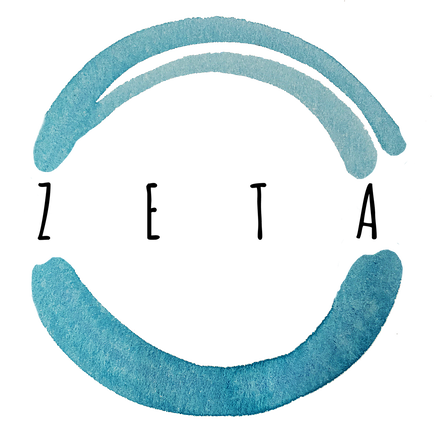As a psychology student working with patients with addiction, I know a lot about the fate of our patients and how their addiction developed throughout their lives. I have always been interested in the turns someone’s life takes to lead them into an addiction, how they can overcome it and where they can find the motivation to do so. There is one story I have heard from some of our heroin-addicted patients and it made me wonder where it comes from. They had a normal and inconspicuous life before they started taking drugs. It all started when they were prescribed, opioid-based pain killers.
Worldwide, especially in the United States, cases like the one described above exist. The problem is known as the opioid crisis. In 2016 more than 42’000 people died in the United States alone, due to an overdose based on prescribed opioids. The World Health Organisation announced a public health emergency and programs to combat the epidemic. The problem stems from the 1990s when pharmaceutical companies downplayed the addictive effects of opioid-based pain-killers and sold them in great quantities. The problem isn’t restricted to the United States, Switzerland has also been widely affected.
One of the side effects of consumption is the development of tolerance toward the opioids. To get the same pain releasing effect each time, the doses have to be taken in higher amounts. However, there is usually a limit on the legal prescription dose and even the highest amounts end up being insufficient in relieving pain.
- If you are interested in how the drug functions in the human body and how the tolerance development works, you can find out more here.
The affected people have the option to go through a withdrawal (which is very painful – see video below). Therefore, a lot of patients end up reaching for other opioid-based drugs like heroin. This shift in substances leads to more uncontrolled consumption and overdoses. The development of an opium addiction is a gradual process and most of the patients are not aware of it until it is too late. It can happen to anyone.
- If you want to know more about the symptoms and the withdrawal of an opioid addiction, you can check out Travis Rieder’s TED-Talk. He talks about his personal experiences during his opioid withdrawal and explains the stages a lot of patients go through very accurately.
As a budding psychologist, you might be confronted with the ongoing problem if you are working with addiction or chronic-pain patients. Moreover, if you are working in prevention, this is certainly a subject on which awareness should be raised, for patients as well as society.
Bibiography
U.S. Department of Health and Human Service. 2020. https://www.hhs.gov/opioids/about-the-epidemic/index.html.
Featrured Image
Quelle: https://pixabay.com/de/photos/thermometer-kopfschmerzen-schmerz-1539191/
Author: Carla Wüthrich



